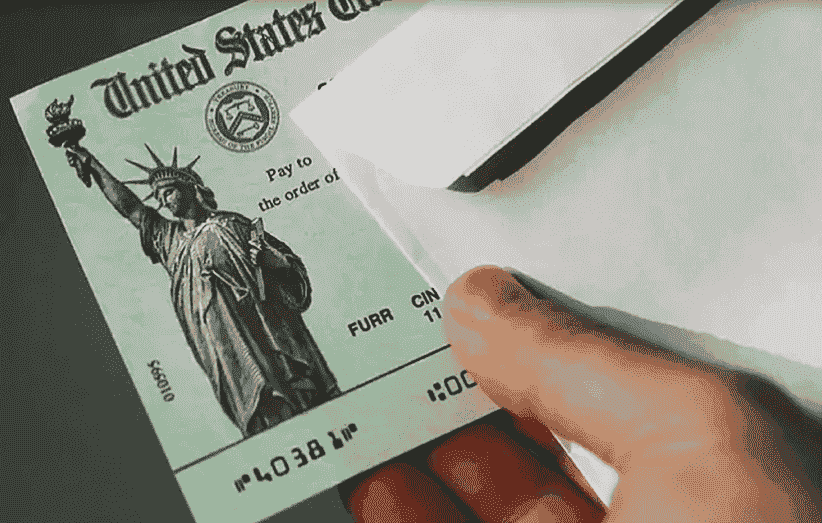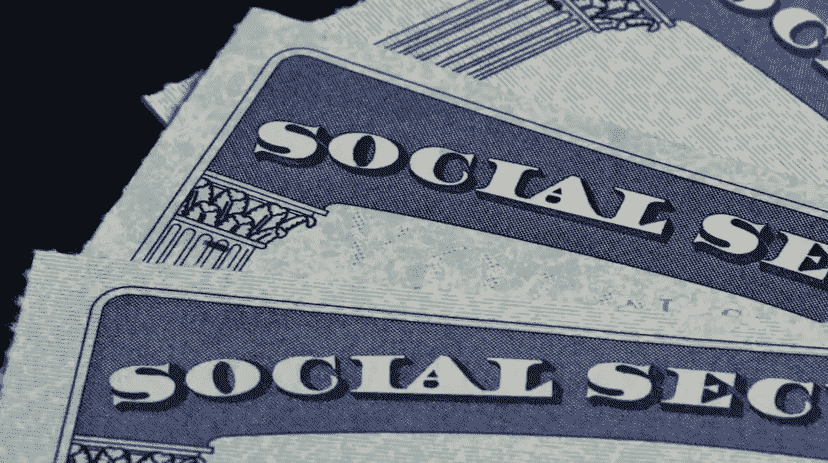
Checking the status of a tax refund requires a Social Security number and the amount of the refund due. This service is accessible without registration.
When requesting a refund, please allow the Department sufficient time to process the request. Electronic access is provided to the status of a refund.
Tax Refund Process
Before phoning the Department to inquire about a refund check, please allow sufficient time for the return to be processed. When monitoring the status online or by phone, keep a copy of the tax return on hand.
This indicates that the IRS has already authorized and processed your refund and tax return. The IRS is now preparing and mailing your tax refund to your bank or, if you requested a paper check, directly to your e-mail address.
Your tax return may need additional examination if you do not receive your refund within 21 days. The primary cause may be that your refund was incomplete or erroneous. Delays may also arise if you are required to claim the Earned Income Tax Credit or Additional Child Tax Credit.
Read more: Japan, Netherlands to join US in restricting chip equipment exporting to China
What Do You Need?

In general, the Department processes e-filed tax returns within 6-8 weeks, whereas paper returns require 8-12 weeks. Here’s what you will need:
- Choose the form you filed from the drop-down menu.
- Social Security number
- Choose the tax year for which you wish to check the tax refund status.
- Enter your Social Security number.
- Numbers in your mailing address
- Your exact refund amount
- ZIP Code
State Stimulus Checks
Meanwhile, as a result of the COVID-19 pandemic, the American economy entered a complete shutdown in March 2020. In an effort to boost businesses and consumers, the US government enacted a series of stimulus packages almost immediately.
Although federal contributions have been exhausted for quite some time, certain states that were slower to respond are still in the process of providing relief.
Despite the fact that many programs terminated in 2022, a few states still have payments scheduled for 2023. The following is a summary of the states that still have payments due this year.
Idaho
The 2022 Special Session rebates granted by Idaho will be distributed by the end of March 2023. 10% of a taxpayer’s 2020 income tax liability, or $300 for single filers or $600 for joint filers, whichever is greater.
The state Tax Commission expects to issue up to $500 million worth of around 800,000 payments.
Colorado
Resident Coloradans who timely filed their 2021 taxes most likely received payments of $750 for single filers and $1,500 for joint filers by September 30. Those who filed a request for an extension by the Oct. 17 deadline may still be awaiting their payout, which is expected no later than January 31, 2023.
New Jersey
Two million New Jersey households will receive property tax reimbursements totaling $2 billion. The rebate amount is determined by household income, with homeowners earning up to $150,000 receiving $1,500 and that earning between $150,000 and $250,000 receiving $1,000.
Renters are eligible for $450 if their annual income does not exceed $150,000. The payments are expected no later than May 2023.
South Carolina
In November 2022, South Carolina began sending refund checks of up to $800 to qualified residents. Those who filed their tax returns by the Oct. 17 deadline received their money before the end of 2022, while those who filed after Oct. 17 but before Feb. 15, 2023, will receive their reimbursements in March 2023.
Pennsylvania
In July 2022, Pennsylvania began providing payouts to elderly tenants, homeowners, and persons with disabilities, but the deadline to submit a claim was December 31, 2022.
This means that payments for eligible residents who submit their documentation by the deadline will continue till 2023. Those who are eligible for supplementary refunds, as determined by the state, may get up to $975.
California
In 2022, the state of California permitted inflation relief checks of up to $1,050, the majority of which have already been distributed. The state expects that approximately 5% of checks will not be issued until January 15, 2023.
Rebate amounts begin at $350 and are determined by income, household size, and tax filing status. Individuals earning more than $250,000 and couples earning more than $500,000 are ineligible.
Read more: Bitcoin price maintains above $23,000: Accumulation or Consolidation?

